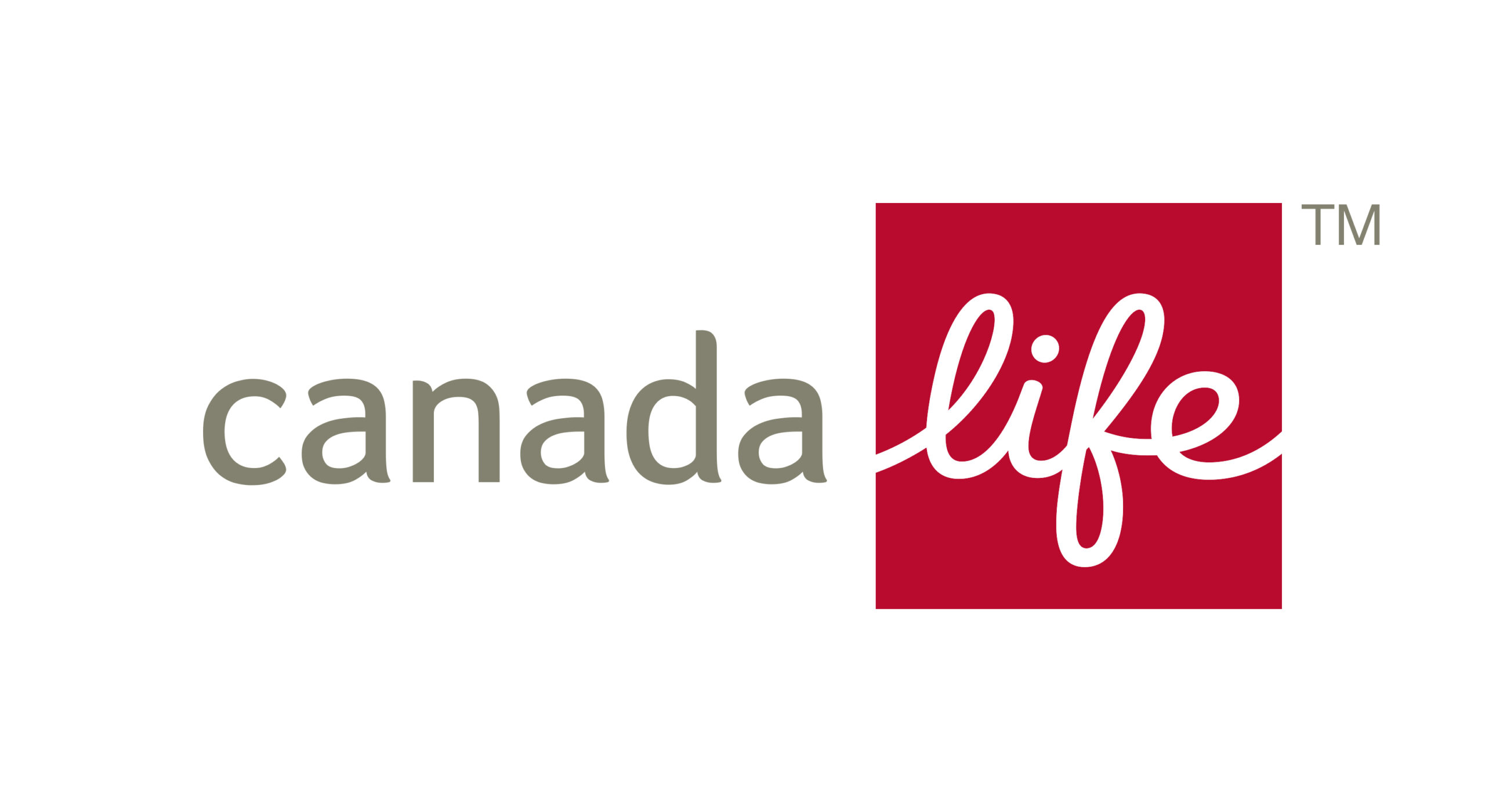Canada Life representatives issued an apology during a House of Commons committee session investigating the challenging transition as they assumed the administration of the nation’s largest health-care plan. This shift affected approximately 1.7 million federal workers, retirees, and their dependents, transferring their insurance provider from Sun Life to Canada Life over the summer. Simultaneously, alterations were made to the coverage of services and medications under the Public Service Health Care Plan (PSHCP).
Since the transition, CBC News has received numerous accounts of individuals facing issues such as prolonged wait times, difficulty reaching a representative, or having their claims denied without explanation. The representatives from Canada Life participated in a video call during the Thursday afternoon session of the standing committee on government operations and estimates.
“To those who had a poor service experience these past months: we are sorry,” said Ryan Weiss, Canada Life’s vice-president of national accounts.
Weiss informed the committee that Canada Life received a significantly higher number of calls than anticipated during the transition. He mentioned that in the 18 months leading up to the switch, the government did not dedicate much time to discussing resource allocation. However, Canada Life made projections about call volume based on data from the previous administrator, Sun Life.
He noted that a primary reason for the high volume of calls in the initial two months was the government’s mandate for members to re-enroll. According to him, these particular types of calls decreased once the system shifted to automatic re-enrollment. Conservative MPs Stephanie Kusie and Kelly Block emphasized that such a practice was not a standard procedure during a transition between plan administrators.
Earlier in the proceedings, representatives from the Treasury Board of Canada Secretariat (TBS) and Public Services and Procurement Canada made appearances.
Marie-Chantal Girard, a senior assistant deputy minister at TBS, informed the committee that the re-enrollment initiative aimed to tackle privacy concerns associated with transferring data from one administrator to another. Updating information on retirements, deaths, or the aging out of dependents were cited as some of the reasons behind this approach.
Gord Johns, a committee member from the NDP, pushed government representatives regarding compensation for individuals who have incurred interest charges on medication that was supposed to be covered.
“Every person … that is owed money based on the plan parameters and the admissibility has been or will be made whole. They are reimbursing everything that was due, according to the plan,” Girard said.
Canada Life reported an augmentation in staffing levels at its call centers and claim processing centers, resulting in reduced wait times to one to three minutes and processing times to just over two days. The company has additionally established channels for plan members to escalate their claims, particularly in cases of emergency health or financial hardship.
Weiss expressed confidence in the company’s ability to maintain this service level despite the sustained high volume of calls. He anticipates that the call volume won’t return to normal until the end of the next year, attributing this delay to certain plan changes, such as mandatory generic drug substitution, which have been postponed until January 1.



